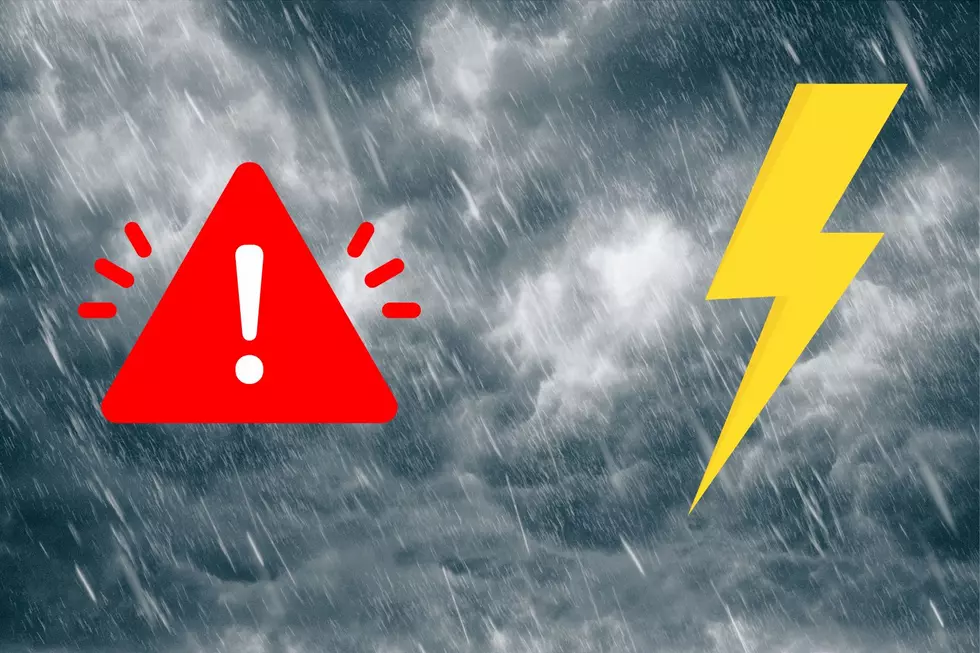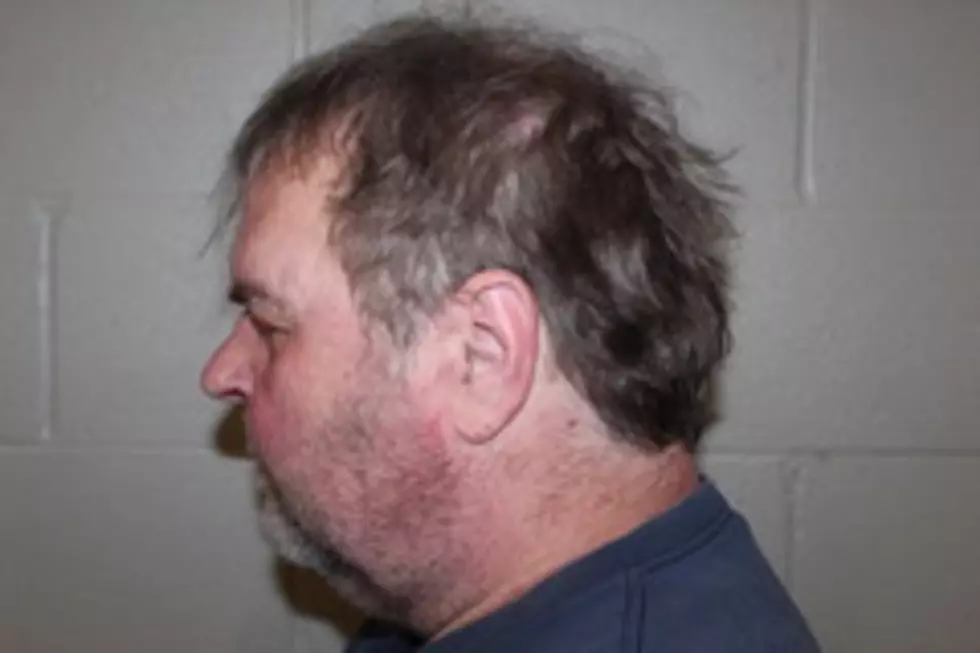20 Years Ago: Sebadoh Expand Their Sound on ‘Harmacy’
Following the acclaim that greeted 1994's Bakesale, Sebadoh didn't necessarily set out to reinvent the wheel with the cleverly titled Harmacy, which arrived on Aug. 20, 1996. The eclectic nature of their releases had been considered one of the band's calling cards, and with Harmacy, they did not disappoint.
Interestingly, in the time between Bakesale and Harmacy, Sebadoh principal Lou Barlow inadvertently found mainstream success, landing a Top 20 hit with "Natural One," a song from his side project the Folk Implosion. The track was included on the soundtrack to the controversial film Kids, which dealt head-on with the AIDS epidemic in the mid-90's.
Although Sebadoh had earned a reputation as being lo-fi pioneers with their early albums, Barlow explained it was largely the result of finding their way through the recording process rather than simply heading into a recording studio to have everything done for them. In terms of sonics, Bakesale and Harmacy marked a significant step forward for the band.
"I've never avoided using cleaned up things," Barlow said in a 1997 interview. "It's just that from the beginning we wanted to learn how to do it ourselves. I actually like the quality of four-track. I like cassette tapes. In a lot of instances, peoples' demos sounded a lot better than their finished product. That was something that I always noted. When we started Sebadoh, we just used four-track tapes because they sounded better. Also, it was something that you were doing yourself. You were in control of the recording. It wasn't that we were afraid of technology, it was just that we knew what to do with it. We didn't want to put ourselves at the mercy of technology and sacrifice the integrity of the recording and the message. Now, going into the studio is something we can do so I'm kind of interested in going in, spending the money, and see if I can make the studio recording as emotional as the four-track recording."
In that same interview, Barlow states the band spent more time crafting Harmacy than they did with Bakesale. "It's a lot more fuller sounding thing. When I hear Bakesale now, it sounds kind of thin. Harmacy sounds more beefed up. It's trying to capture some of the power that I felt was on some of the earlier records. Trying to reclaim some of that power but still maintain some of the momentum that we built up with Bakesale, which was a version of the band that we could take on the road and where we could play good shows."
If a beefed-up sound is what Sebadoh were seeking with Harmacy, it is something they had in spades with the record. "Crystal Gypsy," "Love to Fight," and the album closing cover of the Bags' song "I Smell a Rat" each boasted a punk-inspired defiance that served to break up the melodic pop and indie rock found throughout the rest of the record.
Listen to "On Fire"
Kicking off with the reflective "On Fire," there is an intimacy that suggests the group's maturation had been vastly accelerated in the two years between records. The not-so-subtle overtures of love heard on "Willing to Wait," were fleshed out with a lush string arrangement, while "Nothing Like You" walked a fine line between honoring the group's past and their present state of mind.
Including tracks like the album's first single "Ocean," "Beauty of the Ride," and "Prince-S," Harmacy captured how perfectly Barlow and fellow songwriter Jason Loewenstein played off, and ultimately inspired, each other. With Loewenstein's handling songwriting duties for a little more than half the record, the directness of his approach served as a beautiful contrast to Barlow's more introspective ways.
Harmacy garnered relatively consistent reviews. Pitchfork awarded the record a hefty 8.9 rating, saying Sebadoh "clearly stand out as indie rock champs along with other home tapers like Guided by Voices and Jack Logan." The A.V. Club said the group's "strong balance of soft pop songs and abrasively punky rock songs still holds together somehow.
Not everyone has such fond memories of the record, however. In a 2012 interview with Stereogum, when asked about the possibility of Harmacy being reissued in a deluxe edition context -- as Bakesale was in 2011 -- Barlow explained there was a very good reason why he would not be pursuing such an endeavor:
"I really dragged my feet on that one because I really don’t like that record," he said at the time. "It was meant to be the triumphant follow-up to Bakesale, but in reality Sub Pop put an enormous amount of money into that record and they put us in a studio and immediately the guy we were working with was like, 'You’ve got to fire your drummer.' And I was just like, 'Oh f---.' He was telling us that the songs would never really explode unless we got a different drummer, which put us in the position of making this really difficult decision which, of course, we didn’t make. The drummer stayed. And sure enough, the record just really didn’t take off the way it should have and then Sub Pop pretty much completely s--- itself not too long afterwards. The label just kind of melted down after that."
Barlow clarified that while the Sub Pop label did rise again, he remained unable to disassociate himself from the negative feelings that surrounded the making of the album. "Now when I listen to that record I just hear the voice of our f---ing producer saying 'These songs will never take off.' There are some songs on that record that I love and I really did do my best, but I listen to it and I think, 'Yep, those songs really never took off they way they could have.' Oh well."
20 Albums You Won’t Believe Turn 20 in 2016
More From Mix 92.3




![No More Movies: Check Out This Abandoned Theater [Pictures]](http://townsquare.media/site/467/files/2024/04/attachment-Untitled-design-84.jpg?w=980&q=75)





